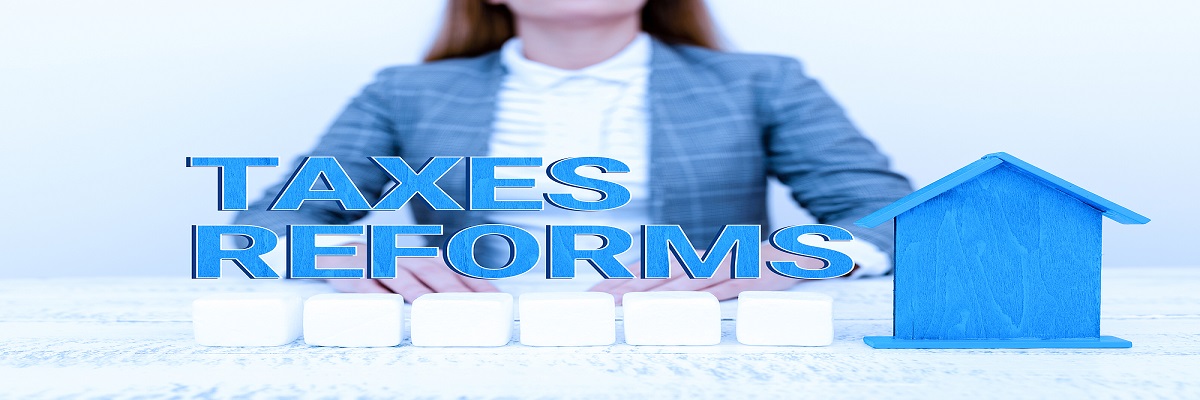Call: 888-297-6203
When individuals file for bankruptcy, federal bankruptcy exemptions are available in certain states to protect the filer’s properties. Through these exemptions, you can protect some of your property including your home, car, certain other possessions like musical instruments, etc. in chapter 7 bankruptcy. In the case of chapter 13 bankruptcy, these exemptions determine what needs to be paid to creditors through the repayment plan.
Every state has a set of exemptions that the bankruptcy filers can use, while 17 states allow debtors to choose between state and federal bankruptcy exemptions. These include Alaska, Arkansas, Connecticut, Columbia, Hawaii, Kentucky, Massachusetts, Michigan, Minnesota, New Hampshire, New Jersey, New Mexico, New York, Oregon, Pennsylvania, Rhode Island, Texas, Vermont, Washington, and Wisconsin.
According to lawyers of Los Angeles based law firm, people residing in these states can choose between state and federal exemptions. However, you cannot mix the exemptions between these two systems. To know which exemptions would best suit your needs, you need to know the value of your property and find out which properties you can keep under each different system.
Federal bankruptcy exemptions
Federal bankruptcy exemptions are adjusted every three years based on the Consumer Price Index. They were last adjusted on April 1, 2019. Married couples filing for bankruptcy jointly can double their bankruptcy exemptions. In case there is no amount mentioned against a property, the entire value of the property is exempted. All code references are as per Title 11 of the United States Code.
Homestead
- 522(d)(1), (5) – Property including mobile homes and co-ops, or burial plots up to $25,150. The unused portion of the homestead exemption up to $12,575 can be used for other property.
Personal Property
- 522(d)(2) – Motor vehicle up to $4,000.
- 522(d)(3) – Animals, crops, clothing, appliances and furnishings, books, household goods, and musical instruments up to $625 per item, and up to $13,400 total.
- 522(d)(4) – Jewelry up to $1,700.
- 522(d)(9) – Health aids.
- 522(d)(11)(B) – Wrongful death recovery for a person you depended upon.
- 522(d)(11)(D) – Personal injury recovery up to $25,150 except for pain and suffering or for financial loss.
- 522(d)(11)(E) – Lost earnings payments.
Pensions
- 522(b)(3)(C) – Tax exempt retirement accounts (including 401(k)s, 403(b)s, profit-sharing and money purchase plans, SEP and SIMPLE IRAs, and defined benefit plans).
- 522(b)(3)(C)(n) – IRAS and Roth IRAs to $1,362,800.
Public Benefits
- 522(d)(10)(A) – Public assistance, Social Security, Veteran’s benefits, Unemployment Compensation.
- 522(d)(11)(A) – Crime victim’s compensation.
Tools of Trade
- 522(d)(6) – Implements, books, and tools of the trade, up to $2,525.
Alimony and Child Support
- 522(d)(10)(D) – Alimony and child support needed for support.
Insurance
- 522(d)(7) – Unmatured life insurance policy except for credit insurance.
- 522(d)(8) – Life insurance policy with loan value up to $13,400.
- 522(d)(10)( C ) – Disability, unemployment or illness benefits.
- 522(d)(11)( C ) – Life insurance payments for a person you depended on, which you need for support.
Wildcard
- 522(d)(5) – $1,325 of any property, and unused portion of homestead exemption up to $12,575.
To know which exemption is best for you, you can call at (888-297-6203) to consult with experienced bankruptcy lawyers.

